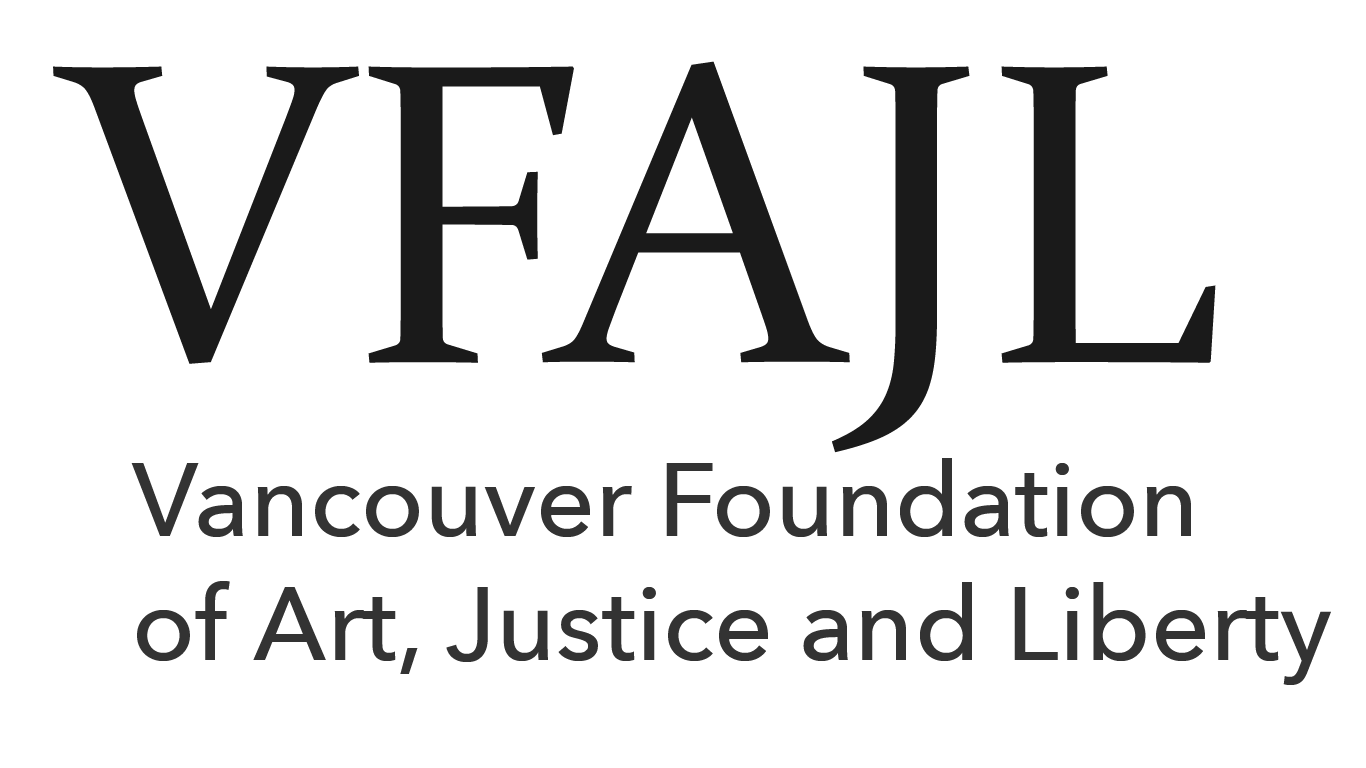The November 5th, 2024 election in the United States has prompted a flood of commentary, which continues as the President makes appointments and signs executive orders. An epochal shift seems imminent.
One of the key drivers of this change is the creation of the Department of Government Efficiency, led by Elon Musk. This initiative has drawn diverse reactions, raising hopes among those who believe governments have grown excessively large and are stifling free enterprise—the backbone of the economy. Governments world wide and in Canada are talking again of “cutting red tape”.
The Challenge of Cutting Red Tape
Streamlining bureaucracy is a prominent item for all governments. Drawing from my early career experience in a Crown corporation and over three decades in the private sector working on projects deeply intertwined with government processes, I recognize both the potential and the pitfalls of such undertakings.
A compelling example comes from British Columbia, where a conservative government was elected in 2001 with a landslide majority—75 legislators to just 2 in opposition. One of its central promises was to reduce red tape, simplify processes, and foster economic growth. With election wins and a 16-year mandate, the government was well-positioned to succeed.
Initially, progress appeared promising. During a meeting with the Vancouver Board of Trade about a year after the 2001election, Kevin Falcon, the Minister of Deregulation and a former developer, highlighted an impressive 30% reduction in existing regulations. His announcement was well-received, as it suggested a government committed to reform. At the same time the B.C. government passed the Significant Projects Streamlining Act to cut through the bureaucratic nightmare.
However, it was never made clear exactly which projects would be significant and why only those projects would be privileged with a streamlined process.
By the 2017 election, it was clear these efforts had largely failed to achieve their goals. Business processes had not only stagnated but, in some cases, had become even more cumbersome. I observed this firsthand while working on multiple projects during this period. What had gone wrong?
At that early meeting with Minister Falcon, I asked him how many of the eliminated regulations were discretionary in nature—rules that allowed government officials significant latitude in their interpretation and enforcement. His response was telling: while acknowledging the importance of the question, he admitted he didn’t have the numbers. This revealed a critical flaw in the government’s approach. By failing to address the discretionary powers embedded in legislation and in many regulations, the reforms ultimately left businesses and individuals grappling with greater uncertainty and complexity.
The Achilles Heel of Red Tape Reduction
This example underscores a crucial issue with red tape reduction initiatives: the unchecked expansion of discretion with governments and within government bureaucracies that disregard the fundamental democratic need of government by legislation that always creates a level playing field. Since the 1970s, a cultural shift in governance has emphasized flexibility in applying laws and regulations, delegating authority to civil servants under the premise of enhancing efficiency and serving the public interest.
While this approach may seem reasonable—entrusting educated, impartial civil servants to expedite processes—it has led to significant unintended consequences. Most legislation and policies now delegate broad discretionary powers to deputies, boards, and administrators, often without clear metrics or limits and not accountable to the electorate.
This lack of predictability and certainty undermines small businesses, which form the backbone of the economy, accounting for 80% of economic activity in North America. Small businesses thrive in environments where compliance with legislation, policies, and regulations is transparent, consistent, and equitable. Without a clear framework that provides a level playing field, these enterprises face disproportionate challenges compared to larger corporations, which often have the advantage of the resources and connections to navigate complex systems.
Reducing Poverty and Combating Corruption
Reducing poverty depends on fostering environments where small businesses can succeed. A predictable and transparent regulatory framework ensures that entrepreneurs and small business owners have the confidence to invest, grow, and create jobs. Certainty in compliance standards eliminates the need for costly negotiations or interpretations, which disproportionately burden smaller enterprises.
Moreover, a key route to reducing or eliminating corruption lies in making compliance with laws and regulations transparent and certain. Discretionary systems create opportunities for favoritism, bribes, and opaque decision-making, which undermine trust in institutions and discourage investment. A framework that prioritizes fixed standards and public accountability, supported by an efficient and impartial justice system, is essential for tackling corruption.
Transparent governance and predictable rules that are the same for everyone ensure fairness, while the judicial process can provide efficient recourse when disputes arise . Together, they create a system where all actors—big and small—compete on equal footing.
A Path Forward: Clear Standards and Transparency
True reform requires more than reducing the quantity of regulations—it demands clarity and consistency. Simplification must not involve expanding discretionary powers but rather establishing fixed, comprehensible standards for compliance. Ambiguity must be eliminated. When governments cannot set clear metrics, they should delegate authority to certified professionals with defined responsibilities and limits.
Predictable metrics and fixed rules are essential for efficient work and the justice system. Governments must clearly delineate the areas where discretion is necessary, set clear limits on its exercise, and ensure that all decisions are guided by objective, measurable standards. Without these safeguards, the very bureaucracies intended to facilitate efficiency will instead stifle production, growth and innovation.
The Achilles Heel of Governments
The Achilles heel of well-intentioned governments lies in their failure to rein in the countless “small dictatorships” created by unchecked bureaucratic discretion. While the bureaucracy is vital to economic stability and prosperity, it must operate within a framework of transparent, universally applicable metrics and rules that promote fairness, competition, and accountability.
The critical question for the U.S. administration—and indeed for any government that recognizes the risks of unchecked discretion—is whether it understands the true nature of the challenge. One solution might be enacting legislation—or even a constitutional amendment—that restricts the ability of governments to delegate excessive discretionary powers to unelected bodies or civil servants. Such a reform would represent genuine progress toward an efficient and productive economy, cutting red tape, reducing corruption, and fostering an environment of fairness, transparency, and opportunity.
Oberto Oberti


